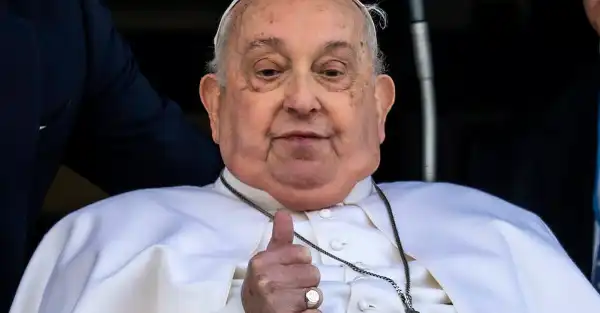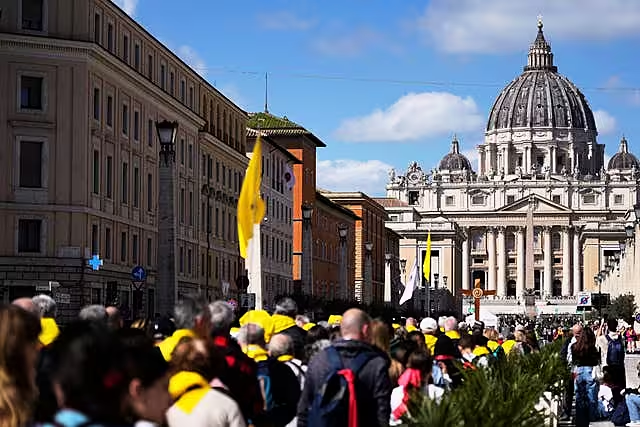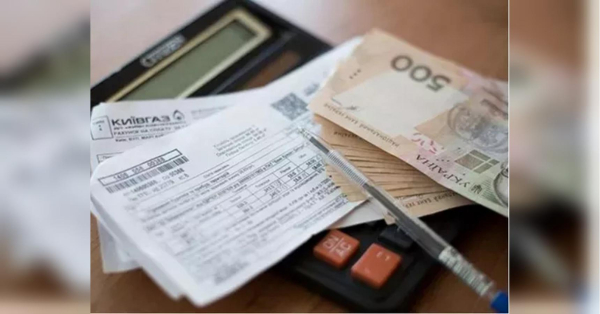
Pope Francis has shown “remarkable improvement” since returning to the Vatican to recover from severe double pneumonia, according to the doctor who oversaw his five-week hospital stay.
“I see him very active,” Dr. Sergio Alfieri said on Saturday after visiting the Pope at his apartment in Santa Marta Domus on Wednesday, three days after his discharge from Rome's Gemelli Hospital.
“I'm confident he'll come back, maybe not 100%, but 90% of his former self.”
On Sunday, Francis looked tired and sick as he greeted a crowd of supporters from a hospital balcony.
His voice weakened as he thanked a woman in the crowd for the yellow flowers.
He was only able to partially raise his hand to bless the people and was gasping for breath as he was taken inside.
Dr Alfieri reported that the Pope's voice was becoming more confident and that his dependence on supplemental oxygen was decreasing.
According to Dr. Alfieri, the limited mobility of his arm was caused by an unspecified injury sustained before he was hospitalized and will take time to recover.
The 88-year-old pope was hospitalized on February 14 after a prolonged bout of bronchitis that left him short of breath at times and quickly developed into double pneumonia, revealing a polymicrobial (viral, bacterial and fungal) respiratory infection.

Throughout this time, doctors have emphasized the complexity of his condition, given his age, limited mobility that requires him to use a wheelchair, and surgery to remove part of his lung when he was young.
Dr Alfieri reiterated that he believed the Pope would not survive the severe respiratory crisis that struck a week after he was admitted to hospital, and warned the Pope that the “drastic” treatment needed to save him could damage his organs.
“He gave his consent and then turned to Massimiliano Streppetti, whom he appointed as his personal health assistant, who took it upon himself to say, 'We all agree,' even if it meant kidney damage or bone marrow producing abnormal red blood cells,” Dr. Alfieri said.
Dr Alfieri preferred to describe the treatment as “decisive” rather than aggressive, stressing that no emergency measures were taken to prolong life.
According to the doctor, the incident on February 22 was one of the critical moments when the Pope's life was under threat.
While Francis was struggling with the two
Sourse: breakingnews.ie






